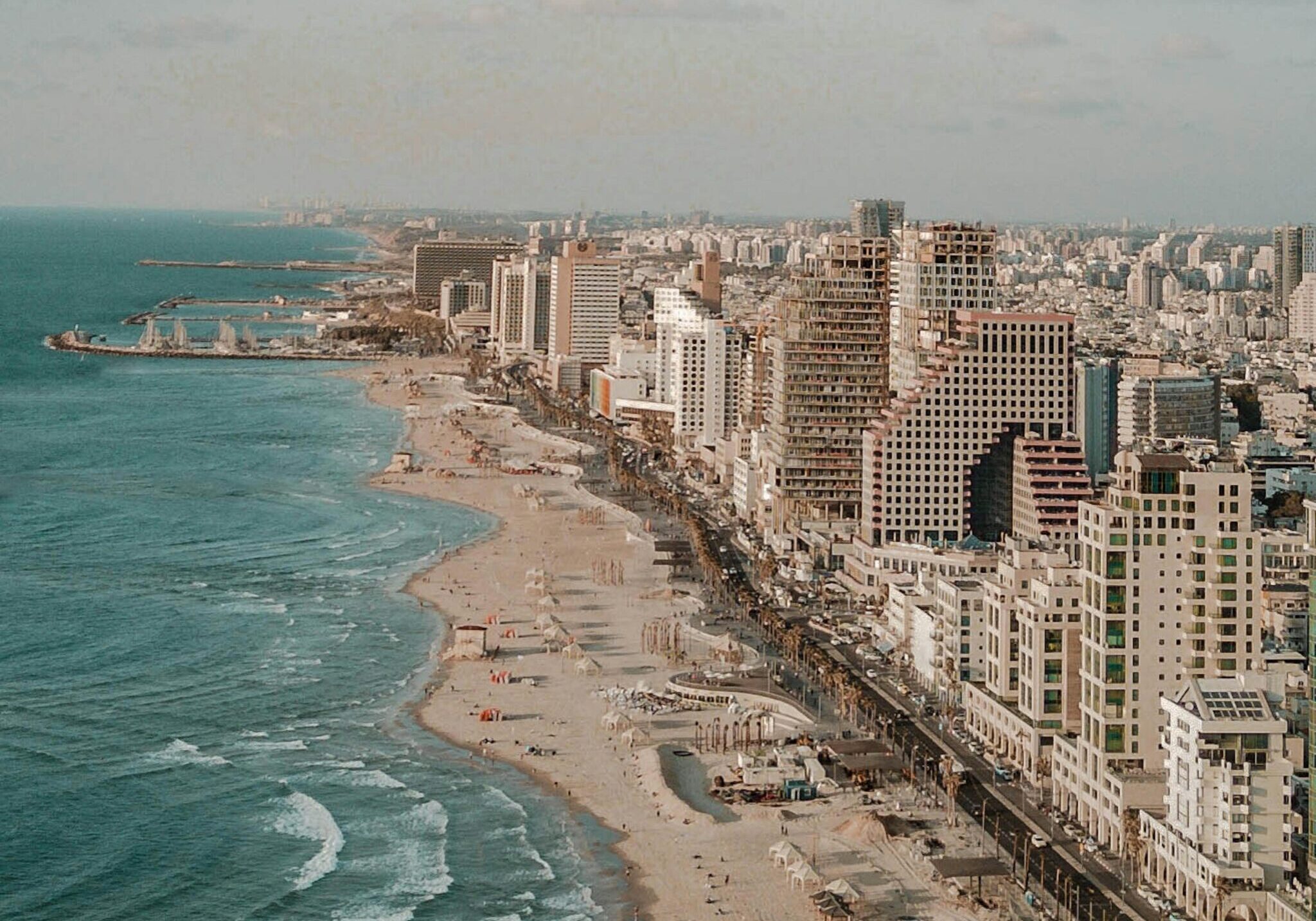In an unprecedented attack overnight, Iran launched more than 300 drones, cruise missiles, and ballistic missiles towards Israel. The Israeli military reported intercepting nearly all of them with assistance from the US, the UK, and Jordan.
Despite the scale of the attack, Israel reported only modest damage, including minor damage to an air base in the southern part of the country. Israeli Prime Minister Benjamin Netanyahu convened his War Cabinet to deliberate on an appropriate response. Iran has warned of a larger response should Israel retaliate.
Israel’s Ambassador to Canada, Iddo Moed, emphasized the gravity of the attack, calling it the largest airborne attack by one country on another. He underscored Iran’s ongoing efforts to destabilize the Middle East through its proxies across the region, including Syria, Iraq, Lebanon, and Yemen.
Moed also urged the international community to designate Iran’s Revolutionary Guard Corps as a terrorist organization, emphasizing the need to address Iran’s nuclear capabilities and destabilizing activities. He expressed disappointment with Canada’s delay in designating the IRGC as a terrorist organization and called for immediate action.
The United States has reaffirmed its support for Israel but clarified that it will not participate in offensive strikes against Iran.
Poilievre called on the Government of Canada to immediately ban the Tehran-controlled terrorist group, IRGC, to protect Canadians and stop the regime from using Canada to raise funds, plan, and coordinate.
Prime Minister Justin Trudeau issued a statement condemning Iran’s airborne attacks against Israel. Trudeau said, “Canada unequivocally condemns Iran’s airborne attacks against Israel. We stand with Israel. After supporting Hamas’ brutal October 7 attack, the Iranian regime’s latest actions will further destabilize the region and make lasting peace more difficult.”
Iran’s Foreign Minister emphasized that Iran had no intention of continuing its military operation, describing the attacks as self-defense.
As the international community watches closely, the situation remains fluid. With tensions high and stakes higher, diplomatic efforts are crucial to prevent further escalation and restore stability in the volatile Middle East.

